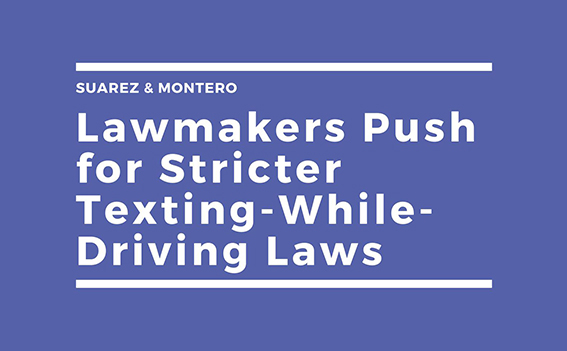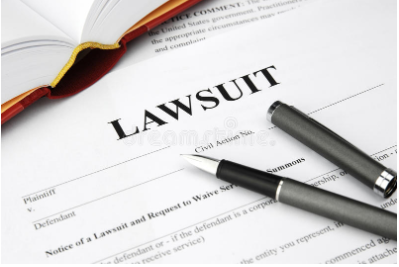
Lawmakers Push for Stricter Texting-While-Driving Laws
Since the advent of cell phones, we—as a society—are more distracted than ever. We stare at our phones when we’re at the gym, waiting in line at the grocery store or walking the dog. And even though, psychologically, we know it’s unsafe, most of us even do it when we’re behind the wheel.
Local laws to combat cell phone-related driving distraction—particularly texting while driving—vary considerably from state to state. Florida’s laws on the matter have been relatively lenient. But that could all change this year.
A new bill currently under consideration by Florida’s legislature could tighten restrictions on drivers’ cell phone use. Here’s a look at the law in its current form—and the changes that are on the table.
Current law
At present, it is illegal to type on any handheld communication device while driving. This prohibition includes emails, text messages and other text-based communication. It is also illegal to read any text-based messages while driving. It’s worth noting that if your vehicle is stopped at a traffic light, you are not considered to be driving, and the above regulations do not apply. The key is that violation of the above restrictions is a secondary offense only. This means that you can’t get pulled over for it. A driver is only cited if they are committing another moving violation, like speeding or running a stop sign while texting.
Here are a few key exceptions to this law:
- You may operate a hand-held GPS device while driving.
- You may operate a hand-held device to contact emergency services while driving.
- You may use hands-free communication technology while driving.
- You may receive safety-related information or data used primarily by your car while driving.
Proposed changes
If enacted, the Hands-Free Florida Law would make two important changes:
In addition to typing and reading, it would also outlaw talking and listening on a mobile device while driving—even if such communication is hands-free. It would make the violation of this regulation a primary offense—meaning an officer wouldn’t need an additional reason to pull you over. The new legislative session begins in March. If the bill is successful, the new law would take effect on October 1.
If you or a loved one has been injured in a car accident, let the personal injury attorneys at Suarez & Montero review the circumstances of your accident and discuss your legal options. Our attorneys are ready to provide proven legal representation in pursuing your claim and stand ready to protect your rights. Contact us today at 786 Lawyers for a free consultation!





